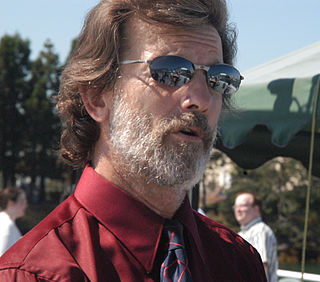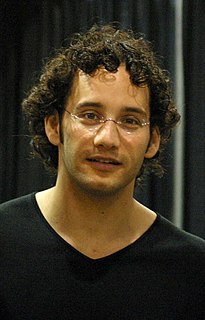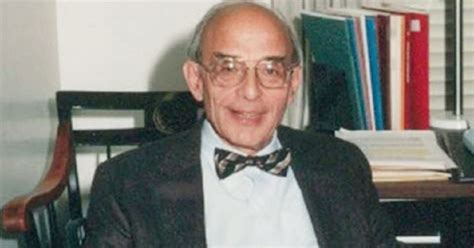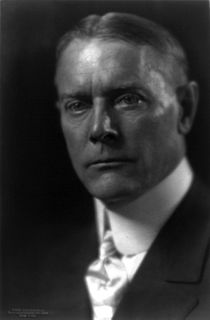A Quote by Charles Best
Learning is a critical part of our mission and organizational culture.
Related Quotes
Our new immigrants must be part of our one America. After all, they're revitalizing our cities, they're energizing our culture, they're building up our economy. We have a responsibility to make them welcome here, and they have a responsibility to enter the mainstream of American life. That means learning English and learning about our democratic system of government. There are now long waiting lines of immigrants that are trying to do just that. Therefore, our budget significantly expands our efforts to help them meet their responsibility. I hope you will support it.
The production of knowledge in schools today is instrumental, wedded to objective outcomes, privatized, and is largely geared to produce consuming subjects. The organizational structures that make such knowledge possible enact serious costs on any viable notion of critical education and critical pedagogy. Teachers are deskilled, largely reduced to teaching for the test, business culture organizes the governance structures of schooling, knowledge is viewed as a commodity, and students are treated reductively as both consumers and workers.
In a culture fueled by burnout, a culture that has run itself down, our national resilience becomes compromised. And when our collective immune system is weakened, we become more susceptible to viruses that are part of every culture because they're part of human nature - fear-mongering, scapegoating, conspiracy theories, and demagoguery.
The Philippines are ours forever. We will not repudiate our duty in the archipelago. We will not abandon our opportunity in the Orient. We will not renounce our part in the mission of our race, trustee, under God, of the civilization of the world. He has marked the American people as His chosen nation to finally lead in the regeneration of the world. This is the divine mission of America.



































